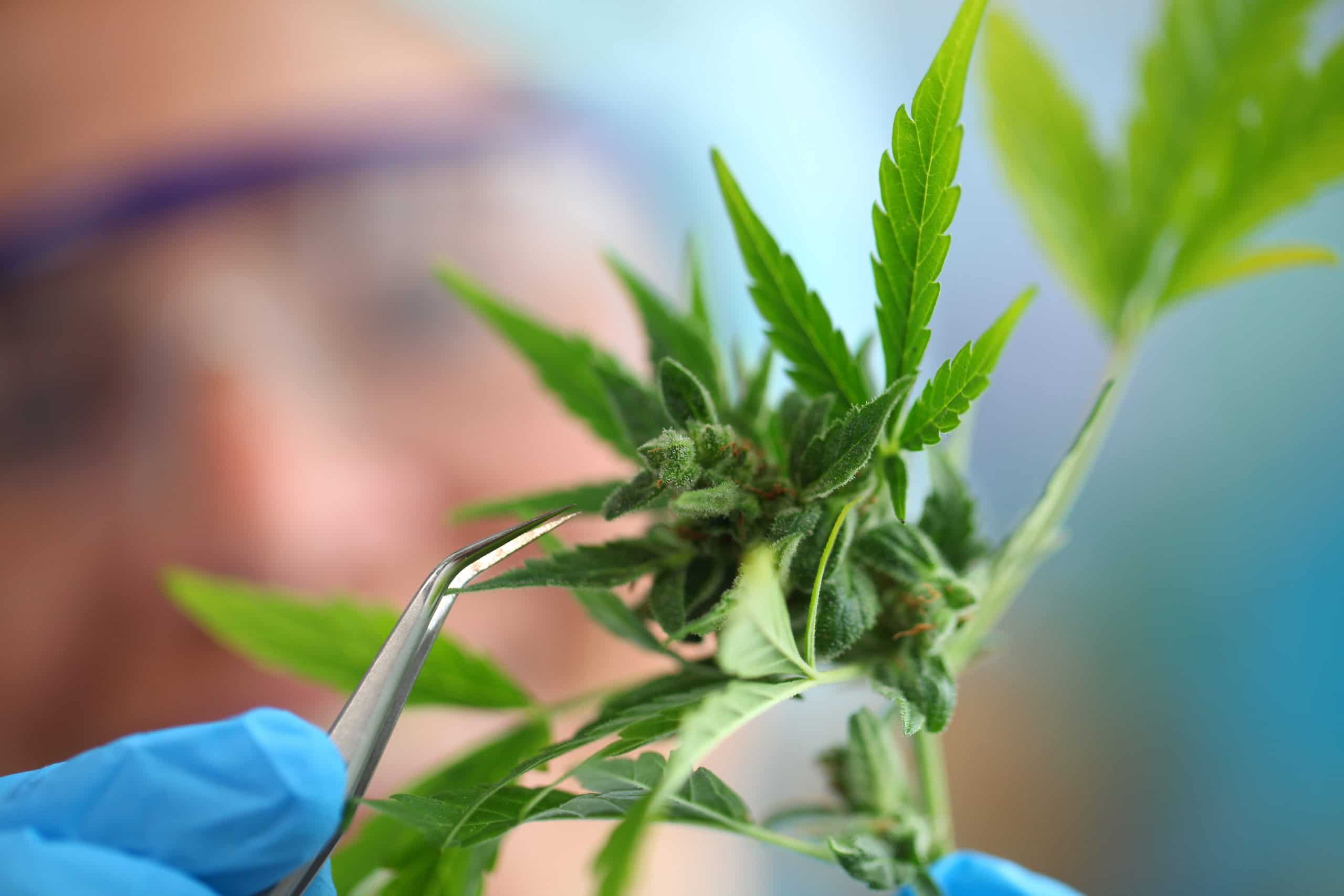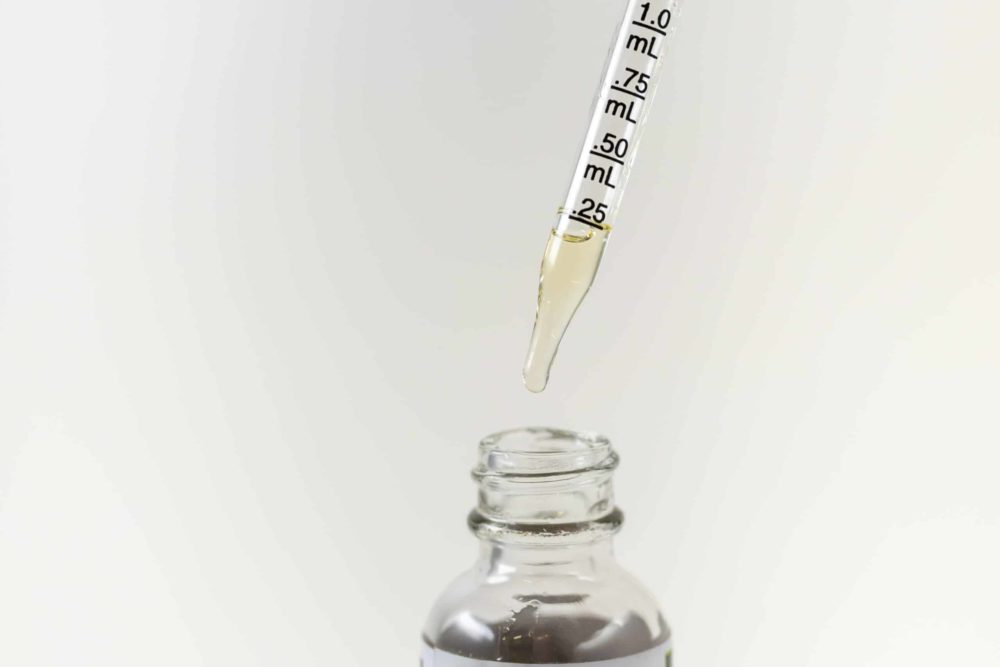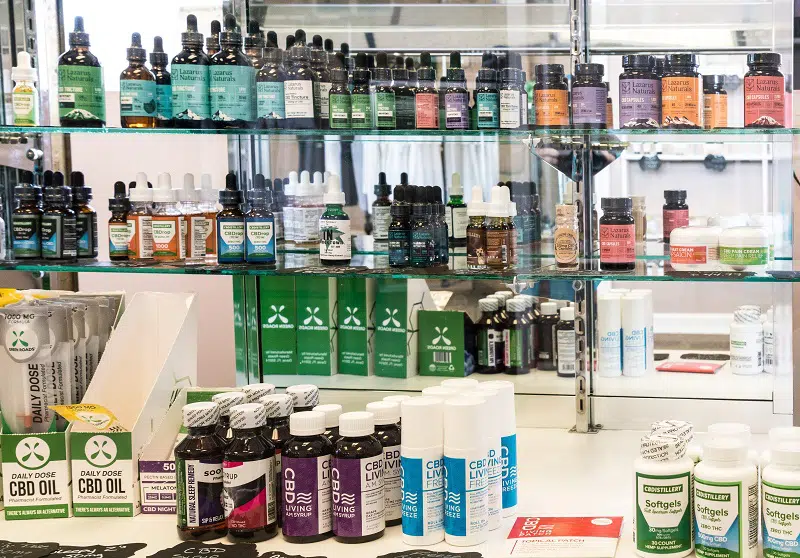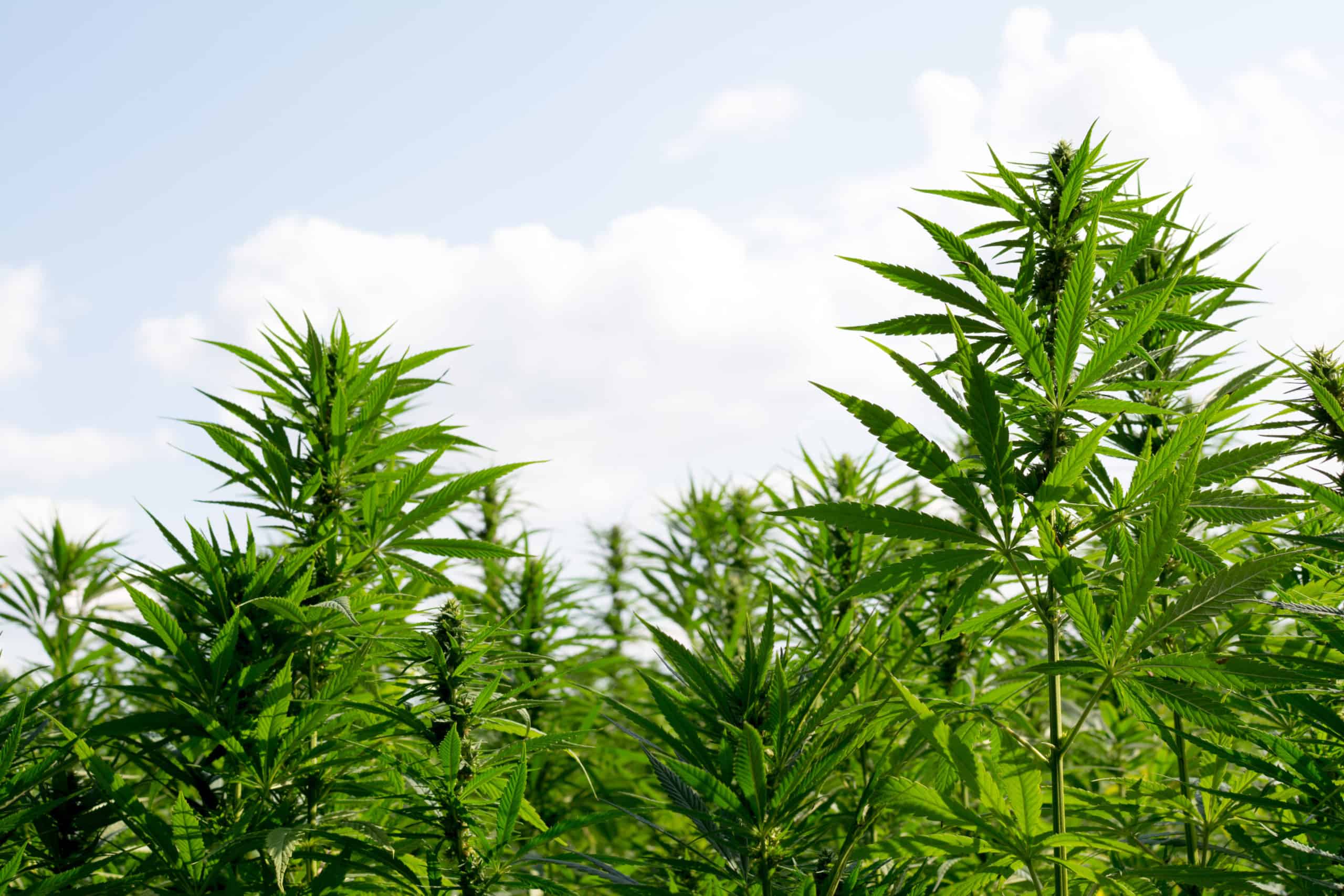-
- Market Research
- |
- CBD Near Me
- |
- Giveaways
- |
- Newsletter
- |
- Contact
- |
- Advertise
- |
CBD News Roundup: A CBD Brand, a Testing Lab, and the Government Develop Cannabis Testing Improvements


Here’s the latest CBD news:
- The National Institute of Standards and Technology (NIST) is teaming up with CV Sciences and Alkemist Labs to standardize and refine hemp testing protocols.
- A recent study from Massachusetts General Hospital demonstrated that cannabis products often contain far more or less cannabinoid content than advertised.
- A bill allowing hemp seed into commercial feed in Montana has passed with overwhelming support.
A CBD Brand, a Testing Lab, and the Government Develop Cannabis Testing Improvements
The National Institute of Standards and Technology (NIST)—a division of the US Department of Commerce—is partnering with CBD industry leader CV Sciences and botanical testing laboratory Alkemist Labs to improve the current state of cannabis product testing.
The NIST calls this initiative an “integrated measurement services program,” which outlines the following goals:
- Developing “robust analytical methods for a range of techniques…on a variety of instrumental platforms.
- Establishing Standard Reference Materials (SRMs) and Research Grade and Test Materials (RGTMs)
- Creating the Cannabis Quality Assurance Program (CannaQAP)
In summary, this cannabis tester, CBD manufacturer, and government agency intend to raise standards for cannabis testing while allowing for lab-to-lab comparability of results (standardizing reference materials, providing quality assurance tools, and more).
Should the program meet all of its objectives, cannabis product manufacturers, testers, and regulators will have clearer parameters to work within and more finely tuned testing and reporting capabilities.
New Research Exposes Inconsistent Cannabinoid Content in Popular Consumer Products
A finding released this Monday (Apr 12) in the Journal of American Medicine has confirmed that the research-proven unreliability in real versus reported cannabinoid content (CBD, THC, etc.) in consumer products is still an issue.
For years now, the FDA has been hammering home this point, which has been a major pillar in their crackdown on unregulated CBD: without FDA approval, cannabinoid content in consumer products may vary wildly.
The Massachusetts General Hospital study collected 256 urine samples from 97 participants who were using either a CBD-dominant, THC-dominant, or CBD-THC balanced cannabis product for depression, pain, or insomnia.
Throughout the more than three years that the study was running, each participant was assessed at the beginning of their trial, and then five times afterwards from week two to week 48.
The researchers found several discrepancies between participant reports (of what kind of cannabis product they were taking) and the actual urinalysis results, such as:
- 27 urine samples from participants who vaped their cannabis products presented no cannabinoid content at all.
- 10 samples from CBD-dominant product users contained no CBD, and 20 samples from equal CBD-THC product users contained no CBD.
- 13 samples from THC-dominant product users contained no THC metabolites.
The researchers also noticed that participants who smoked or vaped their CBD products were more likely to have a smaller amount of cannabinoids detected, or none at all, which may be because these two delivery methods are much faster-acting—a question for future studies.
Hemp Seed Legally Cleared for Commercial Feed in Montana
This past Sunday (Apr 11), a bill that paved the legal pathway for hemp seed as a commercial feed was signed by Montana Governor Greg Gianforte.
The objective of HB 396, as summarized by the Montana State Legislature, is to clarify hemp seed as commercial feed, which entailed amending three sections in their existing legal code to include the following provisions (in our own words):
- Hemp and hemp-derived substances were added to the legal definition of commercial feed
- Hemp or a hemp-derived substance can be used as feed for pets, horses, and livestock
- Hemp in this case means any part of the Cannabis sativa L. plant containing 0.3% tetrahydrocannabinol or less
The bill’s journey through the Montana State Legislature was largely unchallenged, winning nearly unanimous approval and coasting off the support of the Montana Stockgrowers Association, the Montana Farm Bureau, and several other influential parties looking to boost the state’s agricultural industry.
Though one section of the bill related to hemp’s legality in medicated feed needs to wait on FDA approval, the rest of it (legalizing it for non-medicated commercial feed as stated) went into effect when it was passed and approved.






